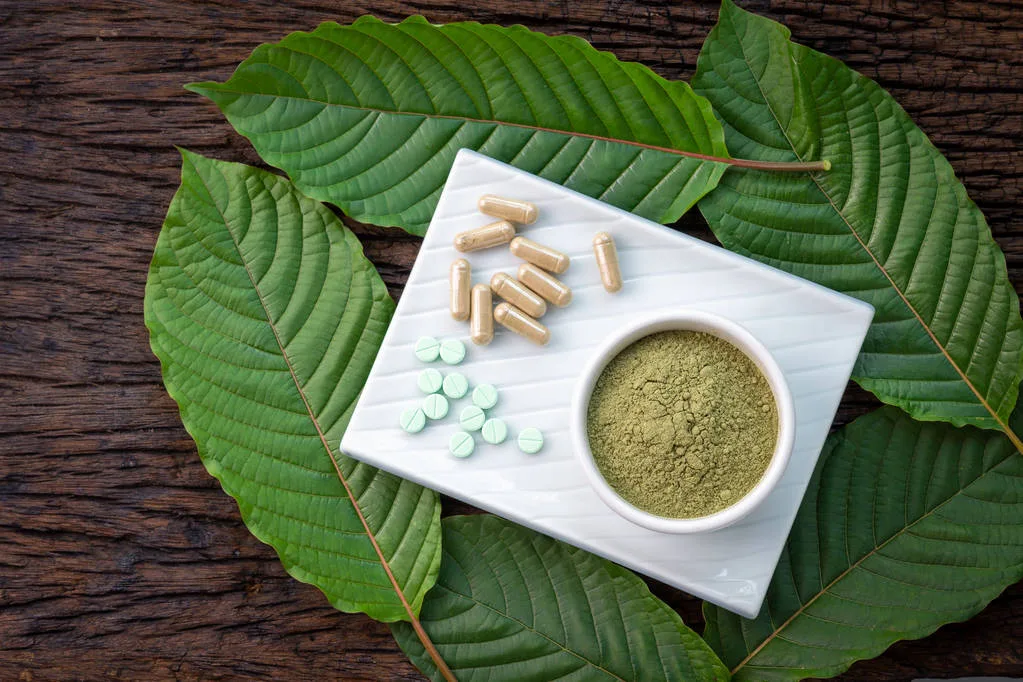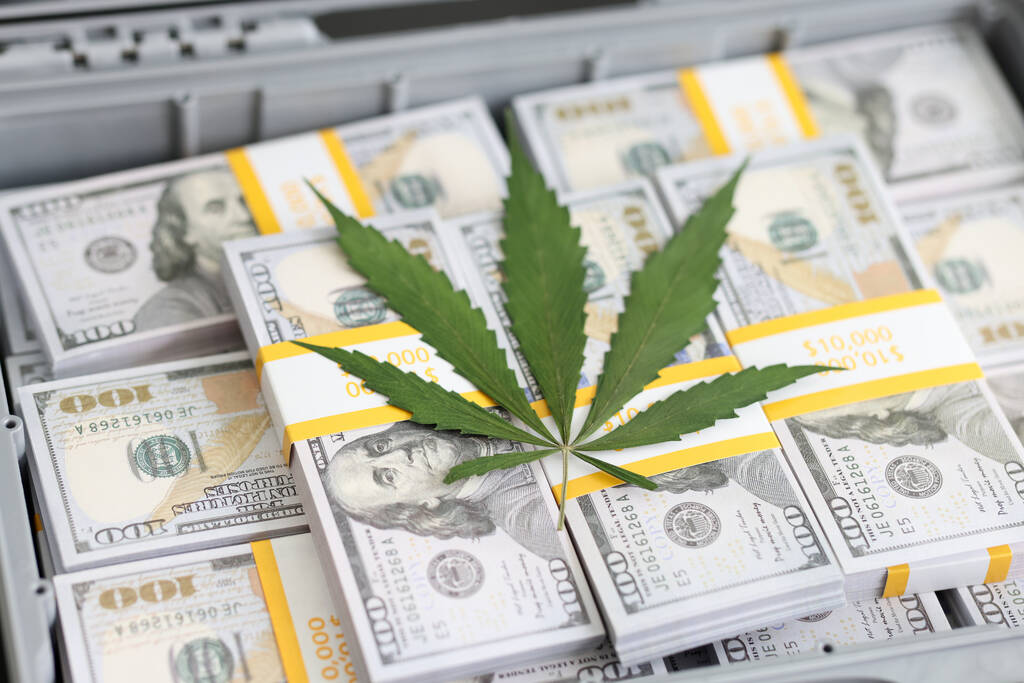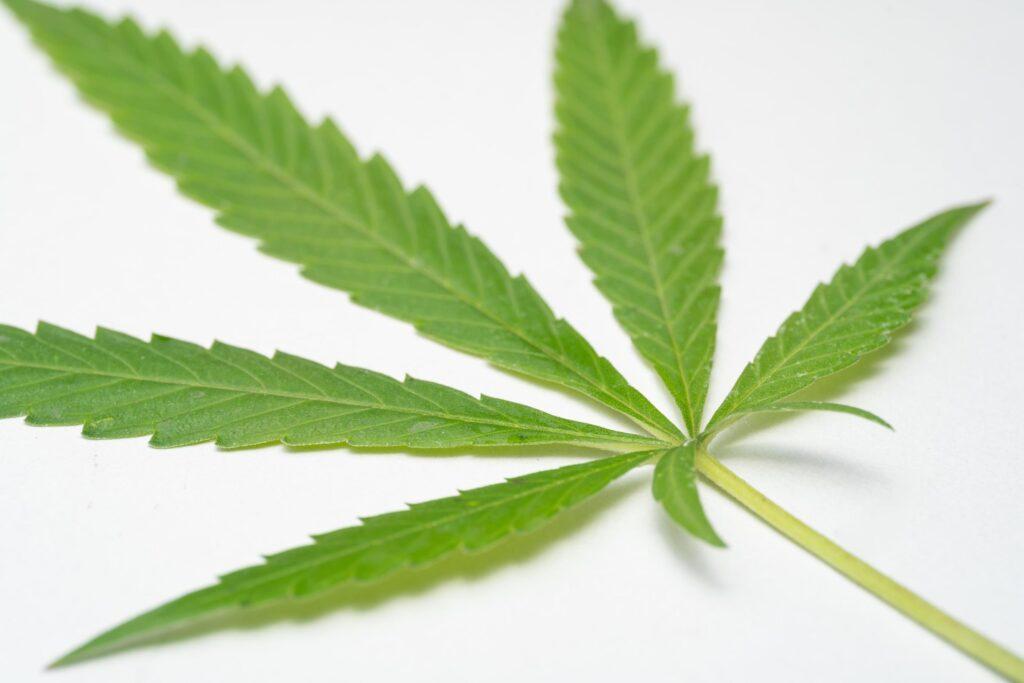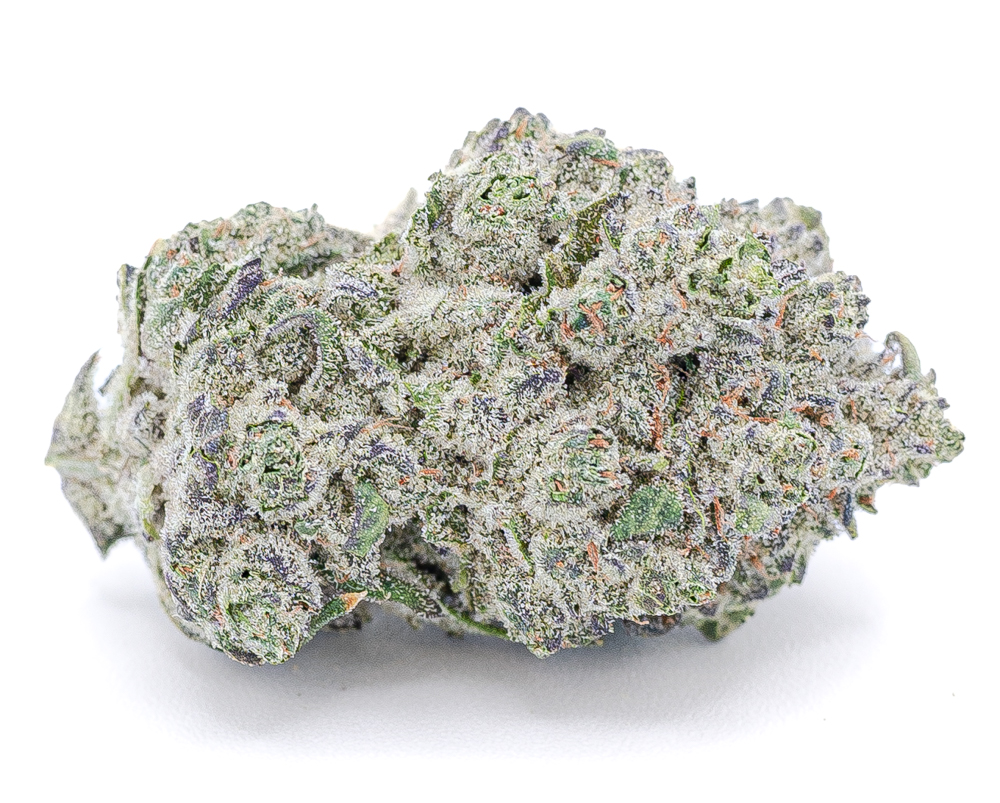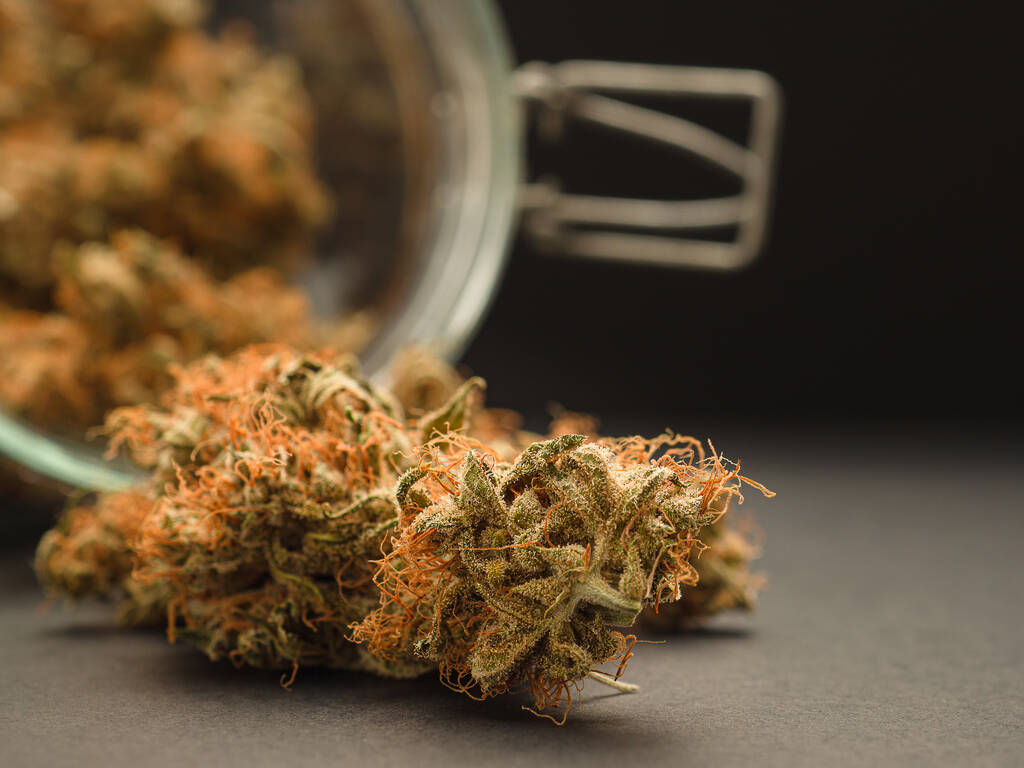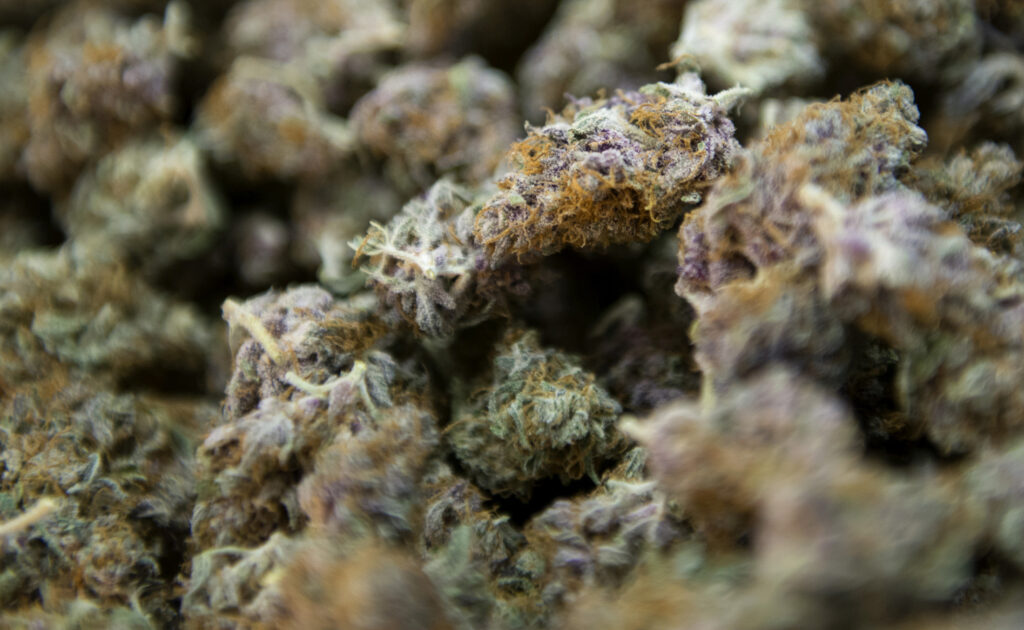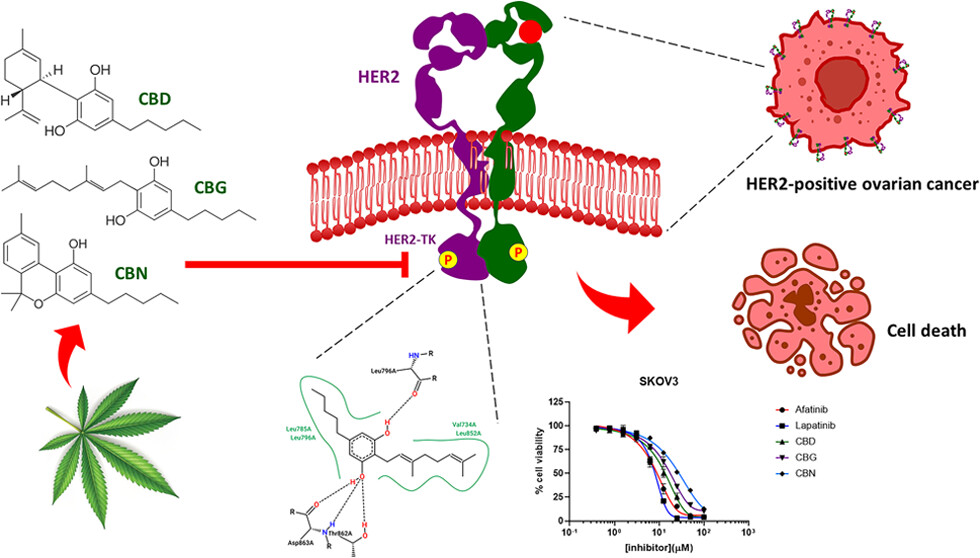Today, Delegate Sean Hornbuckle (D-Cabell) introduced House Joint Resolution 27 to the West Virginia Legislature, which would place a proposal to amend the state constitution to legalize cannabis on the 2026 general election ballot.
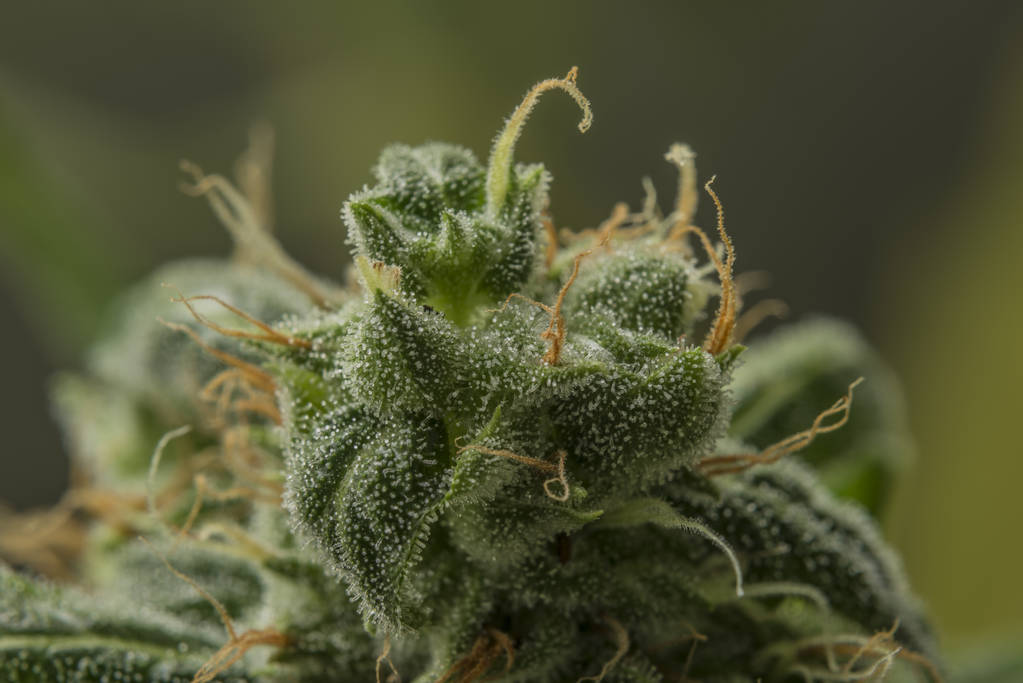
The resolution, co-sponsored by Delegates Lewis, Pushkin, Hansen, and Garcia, has been referred to the Judiciary Committee for further deliberation.
HJR 27 proposes the legalization of up to two ounces of cannabis and the personal cultivation of up to four cannabis plants. Additionally, the resolution empowers the Legislature to enact laws governing the lawful sale and manufacturing of cannabis within the state.
Continue reading

